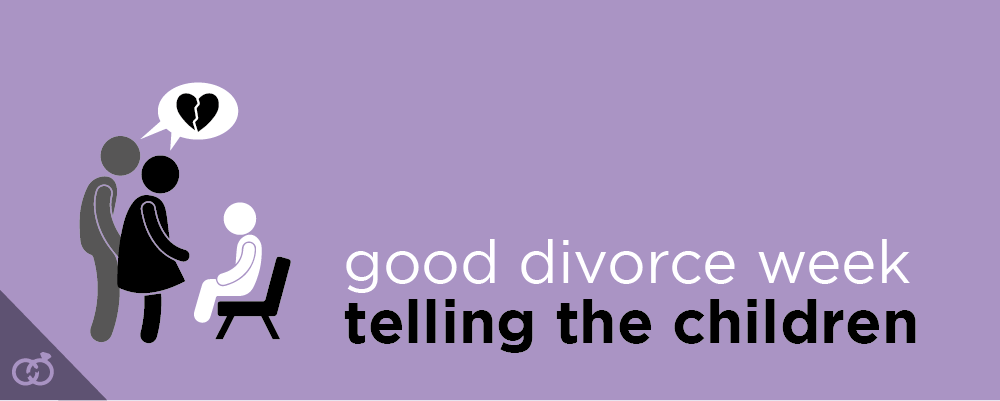- Basildon 01268244144
- Chelmsford 01245453800
- Colchester 01206217300
- London 020 4586 1280

Ending a marriage can be a daunting process for adults, let alone for children who are impacted by the breakdown of the parents’ marriage. There is no age that is the worst age for divorce for children in my experience.
When a child has been observing the deterioration of their parents’ relationship, they will find the breakdown of family life to be worrying, frightening and uncertain. At times, a child may blame themselves for the breakdown.
It is important that constructive and positive discussions should be had with children so that they feel prepared and involved.
So, how can someone go about telling their child about divorce?
- Plan – Getting a mutually agreed plan in place with your spouse before starting the conversation about divorce with a child is important. Where possible, your spouse and you should attempt to construct a plan of when, where, and how to break the news. Ideally, you would be able to agree on this together with other details before breaking the news to your child.
- A unified front – It is important that a conversation about the breakdown of family life is had with a child in the presence of both parents. It is important for a child to see their parents working together for their best interest as this can mitigate the impact of divorce.
- Pick the right time and place – Any discussion should be had at the right time and place. A familiar environment, for example, the family home, may be a suitable place.
- Reassurance – It is vital for a child to feel reassured. Bear in mind that the breakdown of a marriage is about to significantly change a child’s life. It is important for the child to know and be told that they are loved by both of their parents.
- Mind your language – Any conversation about the breakdown of family life should use appropriate language for a child’s age and understanding. All discussions should be child-focused, avoiding parental blame and any derogatory language or comments.
- Honesty – It is essential that parents are as honest as they can be and without necessarily oversharing or otherwise having what I call “adult conversations” with their child. It may be that your spouse and you have not got as far as discussing in detail or agreeing on what the future arrangements might be in the foreseeable future, in which case, my best advice is to simply say so.
- Brace yourself for a reaction – Children of different ages and understanding will react in different ways. There may be tears, anger or simply a muted reaction. There is never going to be a perfect reaction and a child should be reassured that they are able to express themselves in their own way.
- Questions – Be prepared to answer questions from your child for example, “where am I going to live?”, “will I have two homes?”, “will I have to change school?”. You and your spouse may have already discussed these arrangements and in which case, this information ought to be shared openly.
- Listen – It is imperative to listen to your child, and for them to feel like they have been heard and their wishes and feelings are taken into consideration.
- Support – It is important for your child to feel reassured that they can have an open discussion with both of their parents. You can offer options of another adult from the family or if appropriate, with an independent third party for example a child therapist or support at school. Your child is likely to need ongoing support to deal with the practical and emotional changes which are about to happen in their life as they undergo these changes. Give your child room to settle into what is about to become their new “norm”.
Overall, divorce affects the family life of a child. A lot is about to change and your child needs to feel stability and a continued routine. They need to feel and know that they are not ever pitted against the other parent and have love and support from both parents.
There are also other organisations which provide useful guidance and support on this topic, including the following:
At Birkett Long, we aim for an amicable divorce and adopt a holistic approach to family breakdown. Typical UK divorce has changed with the introduction of no-fault divorce. Should you wish to discuss issues concerning divorce, children or finances, please do not hesitate to contact me on 01268 824938 or via email at muntech.kaur@birkettlong.co.uk.
Are you looking for the best divorce lawyer near you? Check out our reviews on Review Solicitors.



Comments